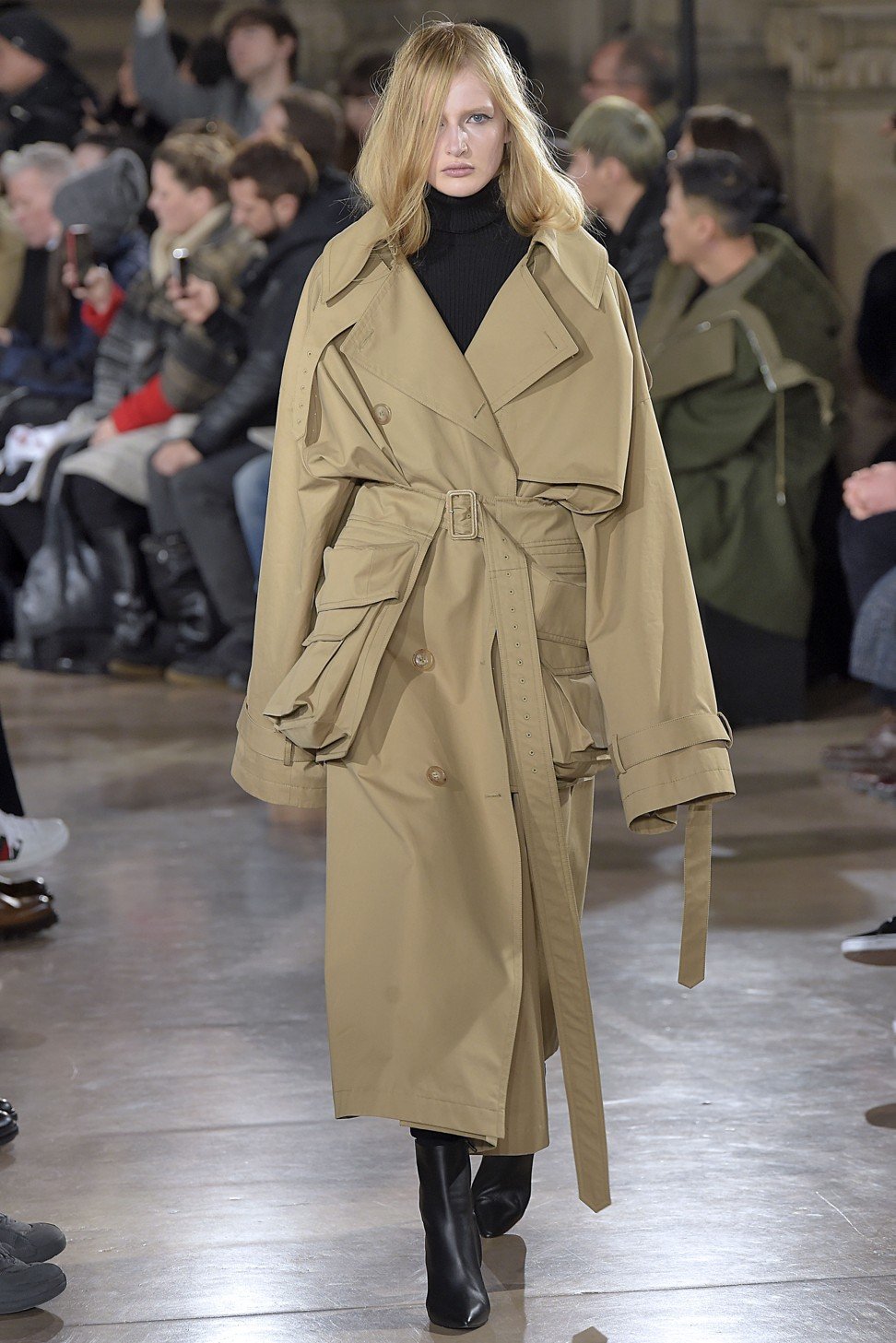
South Korean fashion label Juun.J moves into womenswear, with an eye to starting a lifestyle brand
Ten years after starting his avant-garde label, Jung Wook-jun debuted his womenswear collection, and now he wants to become a global name in fashion
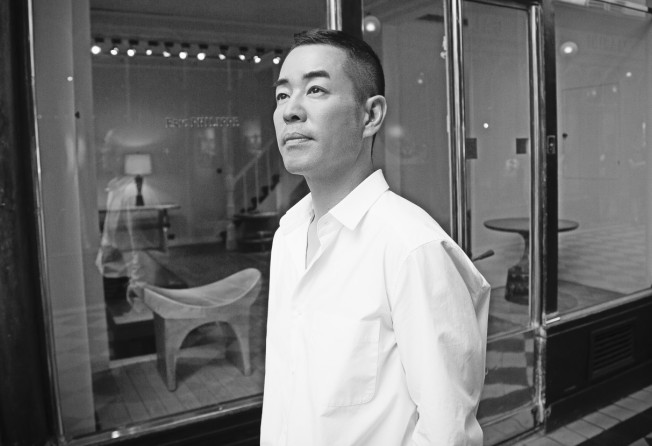
South Korean designer Jung Wook-jun, the creative force behind avant-garde fashion label Juun.J, is a firm believer in milestones. This year marks the 10th anniversary of Juun.J, giving the designer the perfect opportunity to try something different: moving into womenswear with his autumn-winter 2017 collection.

Jung, 50, says the switch to womenswear to coincide with 10 years of Juun.J follows a familiar pattern of change and renewal throughout his career. “When I was 30, I wanted to start my own brand [a precursor to Juun.J named Lone Costume] and I did it, when I was 40 I wanted to show in Paris and make my brand global and I did it. The next 10 years will be about making Juun.J House, making the brand a lifestyle concept.”
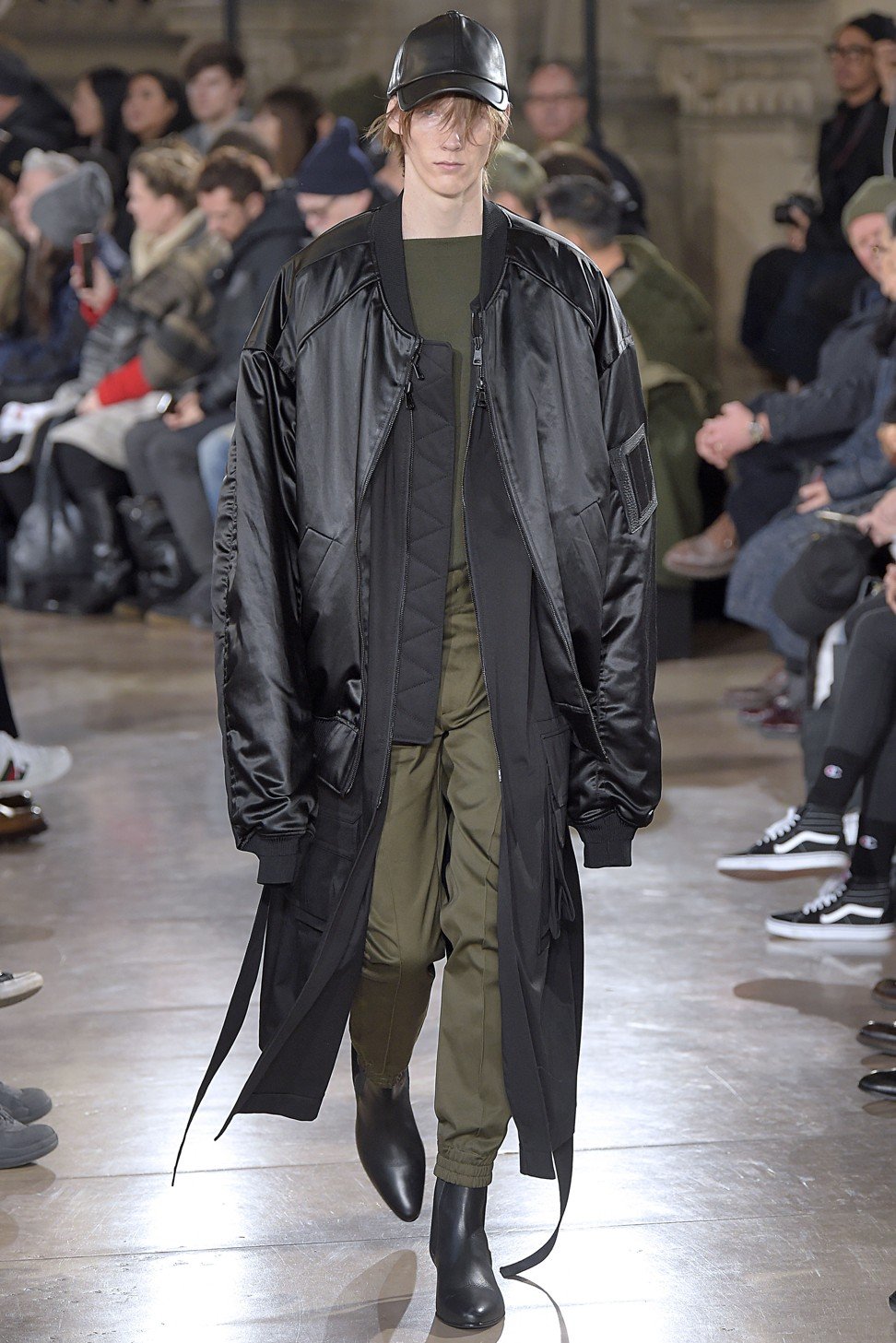
“Women in Korea and elsewhere have been wearing my clothes for a long time, and people around me have been asking me to make womenswear for years, so that was the starting point,” says Jung. He adds that his aesthetic has gradually shifted over the years from menswear with feminine elements to increasingly gender-neutral clothes.
The womenswear, Jung says, retains the key elements of his aesthetic, such as playing with proportions and signature pieces like the trench coat, but now he’s reversed the dynamic by giving womenswear a more masculine edge.
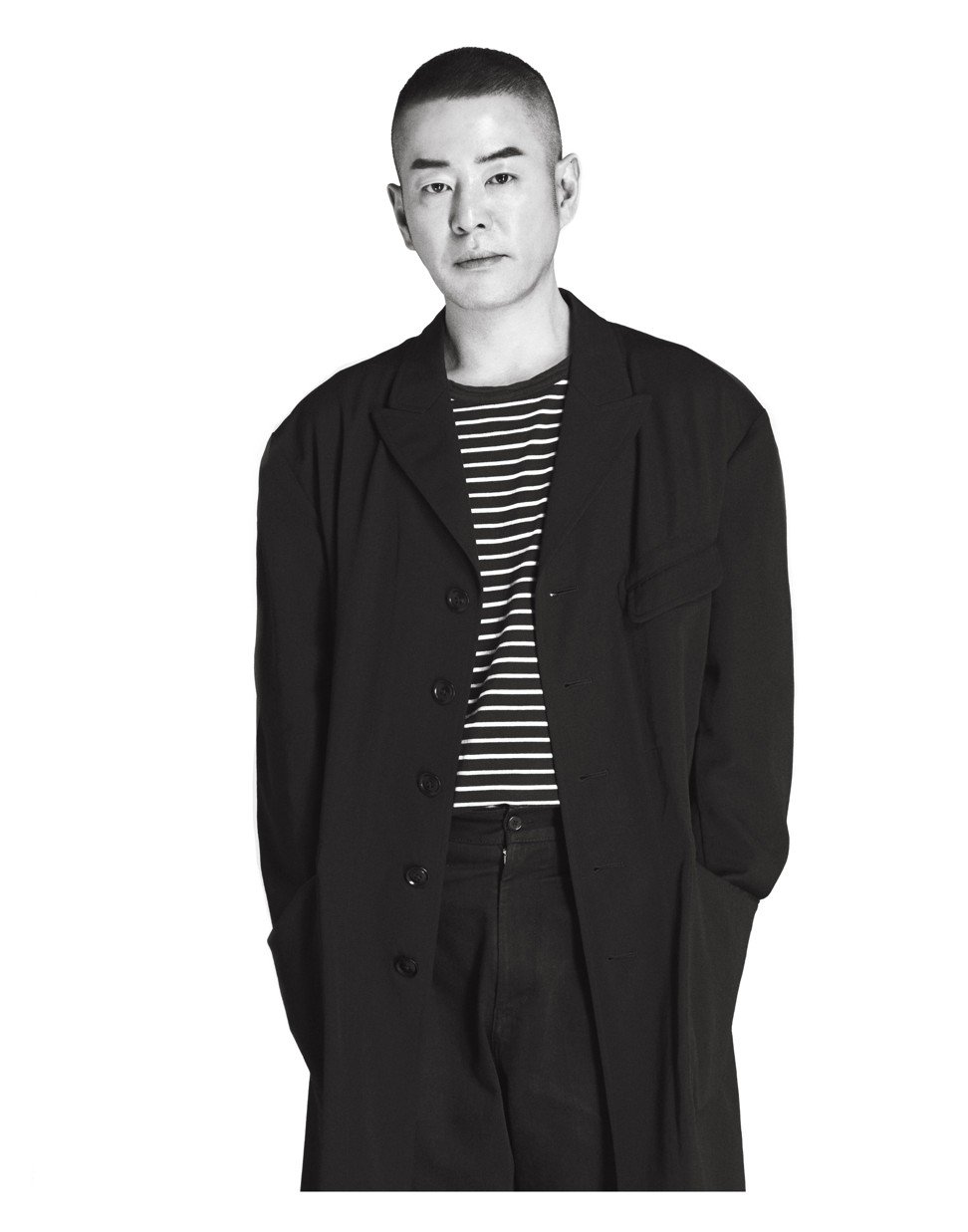
Paris is about art, it’s about the designer’s identity. It’s not really about business or networking and who you know, compared to New York. The American market is very commercialised
Korean fashion, or K-fashion, has experienced explosive growth in the past few years, helped in no small part by K-pop and K-drama. A wave of young, regionally influential Korean designers such as Kathleen Kye and Munsoo Kwon have been earning critical praise as well as stellar sales. Though Jung’s clothes are made in South Korea and a great deal of his clients are based in Asia, he doesn’t describe Juun.J as Korean, always referring to the brand as international.
“I’m proud, of course, of the success Korean fashion is having at the moment. But I have always had my own identity and even in Korea they don’t really consider me a Korean designer, as I’ve been international for so long.
“I’ve been showing in Paris since 2007. The head of [the organisation behind Paris Fashion Week] described my brand as Parisian as I first showed there, and that really meant a lot.” Jung says he identifies with Paris more than any other place and he equates the French capital with freedom. The audience there has been much more receptive to his creations, he says.
“Paris is about art, it’s about the designer’s identity. It’s not really about business or networking and who you know, compared to New York. The American market is very commercialised and not as creative. At Paris fashion week, the audience understands my designs better.”
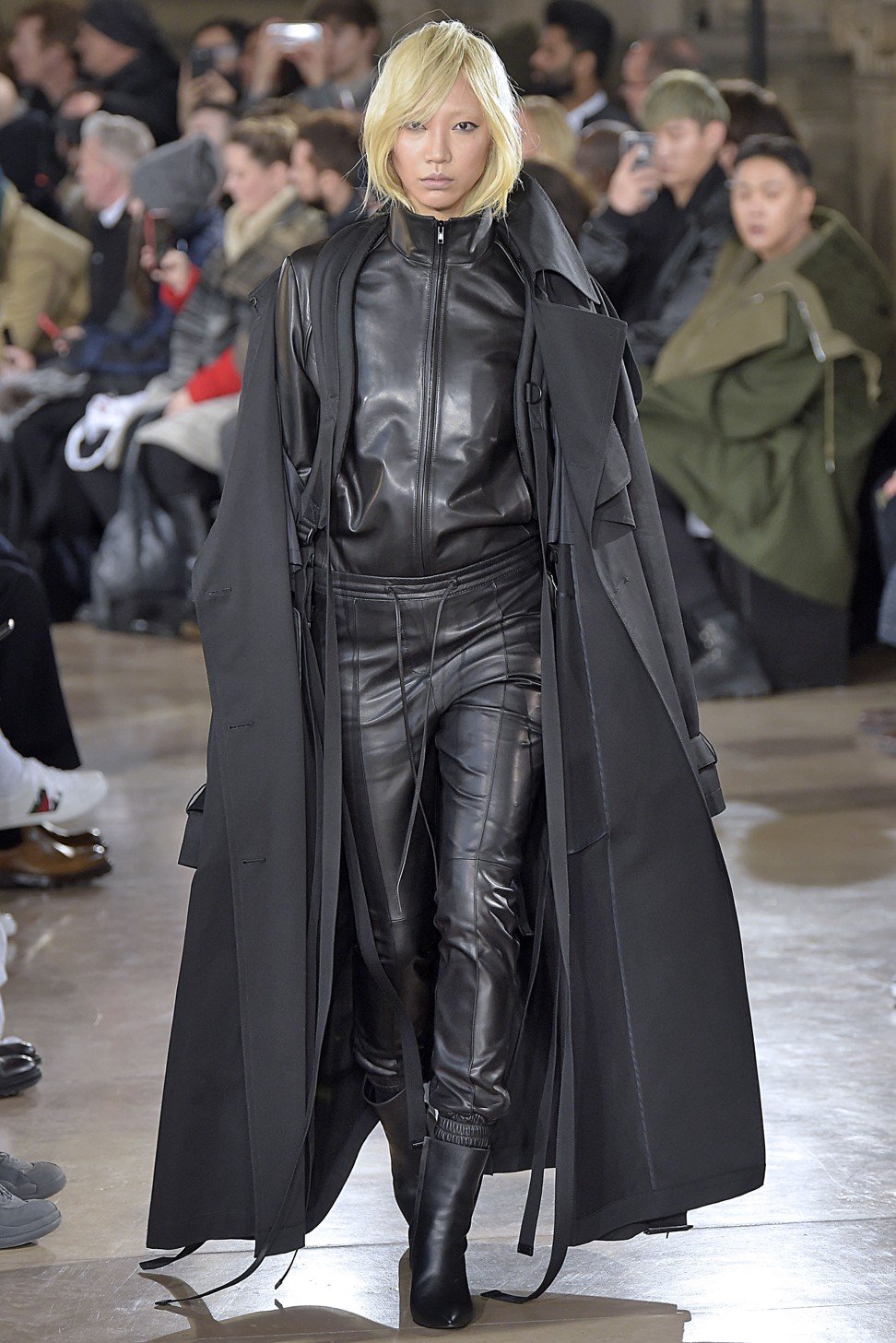
“Joyce was the first place outside South Korea to sell my clothes, so Hong Kong has always been an important city,” says Jung. He has consistently returned to Hong Kong to work on special projects with Joyce, most notably designing products with a panda motif to coincide with a 2014 art project that involved 1,600 pandas being placed around the city.
This month, Jung is working with Joyce again on a menswear-focused pop-up store inside Lane Crawford IFC as well as online, called “No Man is an Island”. It will feature collections from similarly avant-garde designers Rick Owens, Yohji Yamamoto and Raf Simons.
Jung says his future is all about Junn.J House. Jung sees endless possibilities to indulge his passions are and says they could encompass much more left-field ventures than fashion.
“Right now we are working on adding accessories to what we have, but I can do much more. I love collecting lamps and I love gardening. It’s a total lifestyle thing, so who knows? Maybe in 10 years’ time I will make furniture or create a garden.”